SEC's Bow to DoubleZero Carries Major Weight for Decentralized Infrastructure: Peirce
In a significant move that has sent shockwaves through the decentralized infrastructure world, the U.S. Securities and Exchange Commission (SEC) issued a no-action letter to DoubleZero, effectively giving its native token distributions a free pass from regulatory scrutiny.
According to Commissioner Hester Peirce, this decision represents "the right get-out-of-the-way approach" for projects like DoubleZero, which aims to build decentralized physical infrastructure networks (DePINs). The no-action letter, issued on September 30, 2025, essentially means that the SEC will not take enforcement actions against DoubleZero's token distributions.
"This is a major win for the decentralized infrastructure space," said Peirce in an interview. "By giving projects like DoubleZero a clear path forward, we're allowing them to focus on building innovative solutions without the burden of regulatory uncertainty."
The implications of this decision are far-reaching and significant. DePINs, which use blockchain technology to create secure and transparent networks for physical infrastructure such as energy grids and transportation systems, have been gaining traction in recent years.
However, until now, regulatory clarity has been lacking, leaving many projects uncertain about how to proceed with token distributions. The SEC's no-action letter provides much-needed guidance and confidence for these projects, which are critical to the development of decentralized infrastructure.
The background for this decision lies in the growing recognition by regulators that blockchain technology and DePINs have the potential to transform traditional industries and create new economic opportunities. However, as with any emerging technology, regulatory frameworks must be adapted to ensure that innovation is balanced with investor protection and market integrity.
Peirce, a long-time advocate for crypto-friendly regulations, has been instrumental in shaping the SEC's approach to DePINs. Her comments reflect a growing consensus among regulators that a more nuanced understanding of blockchain technology is necessary to unlock its full potential.
"This decision sends a clear signal to the industry that we're committed to supporting innovation while ensuring investor protection," said Peirce. "We believe that by working together, we can create a regulatory environment that fosters growth and development in the decentralized infrastructure space."
As for DoubleZero, this decision is a significant boost to its plans for building a DePIN that enables secure and transparent energy trading. The project's native token distributions will now be able to proceed without fear of regulatory reprisal.
The SEC's no-action letter has sparked a flurry of interest in the decentralized infrastructure space, with many projects now looking to follow DoubleZero's lead. As Peirce noted, this decision is just the beginning of a new era for DePINs and blockchain technology.
"This is a major step forward for the industry," said Peirce. "We're excited to see what the future holds for decentralized infrastructure and the many innovative projects that are emerging in this space."
Who: The U.S. Securities and Exchange Commission (SEC) issued a no-action letter to DoubleZero, giving its native token distributions a free pass from regulatory scrutiny.
What: The SEC's decision represents "the right get-out-of-the-way approach" for DePINs, allowing projects like DoubleZero to focus on building innovative solutions without regulatory uncertainty.
When: The no-action letter was issued on September 30, 2025.
Where: The decision has significant implications for the decentralized infrastructure world, which is critical to the development of blockchain technology and its applications in traditional industries.
Why: Regulatory clarity is essential for DePINs to proceed with token distributions. The SEC's no-action letter provides much-needed guidance and confidence for these projects.
How: The SEC's decision sends a clear signal to the industry that it is committed to supporting innovation while ensuring investor protection.
*Reporting by Coindesk.*
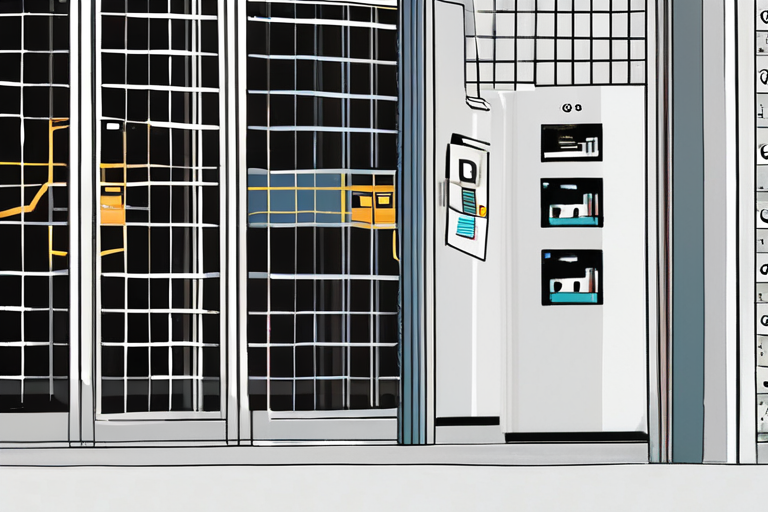

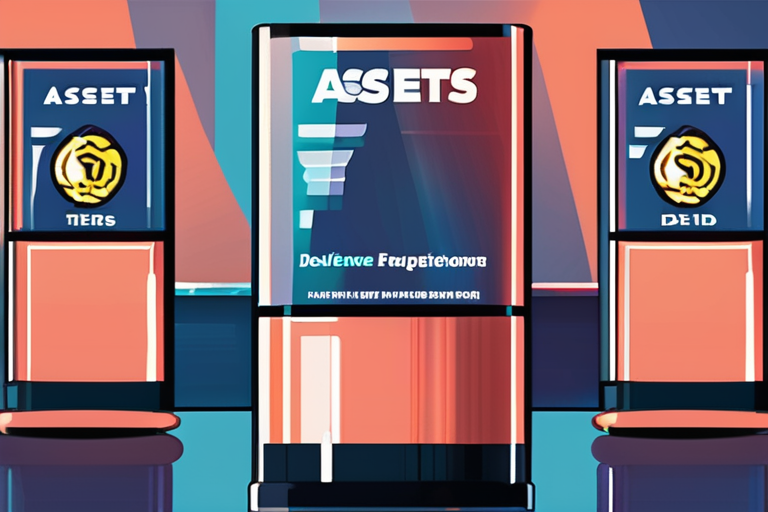
 Hoppi
Hoppi
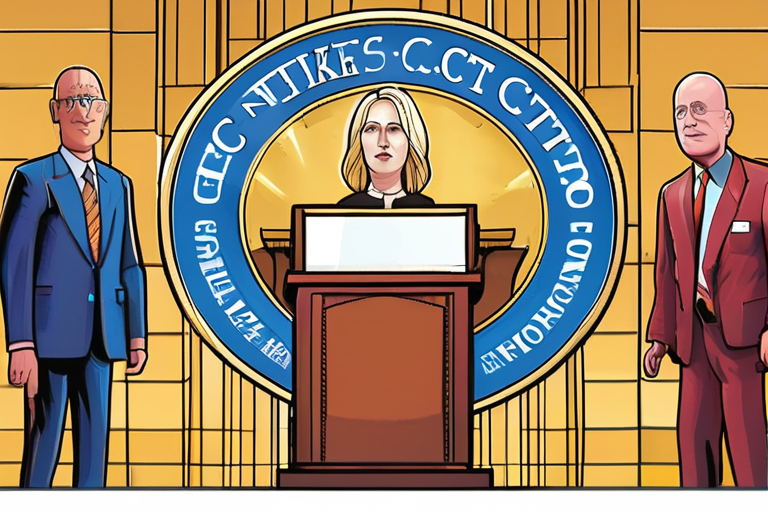
 Hoppi
Hoppi
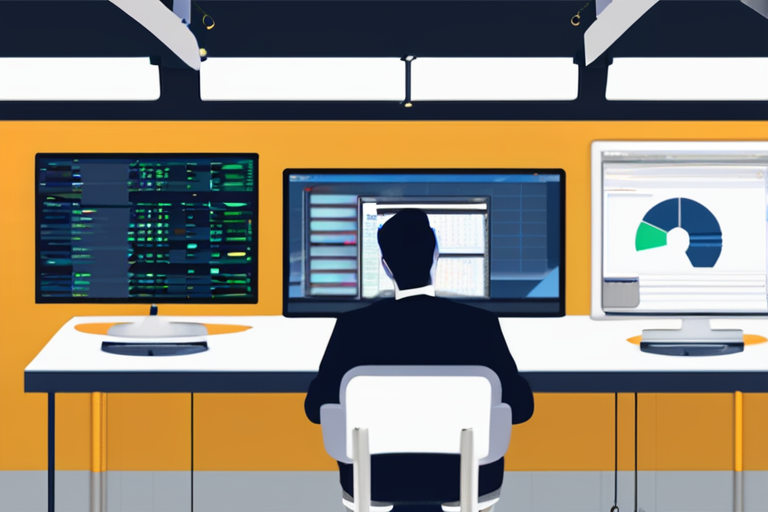
 Hoppi
Hoppi

 Hoppi
Hoppi
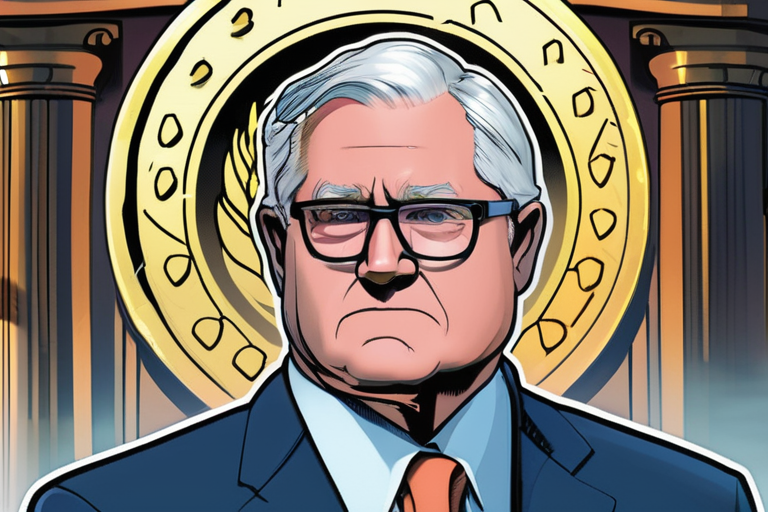
 Hoppi
Hoppi
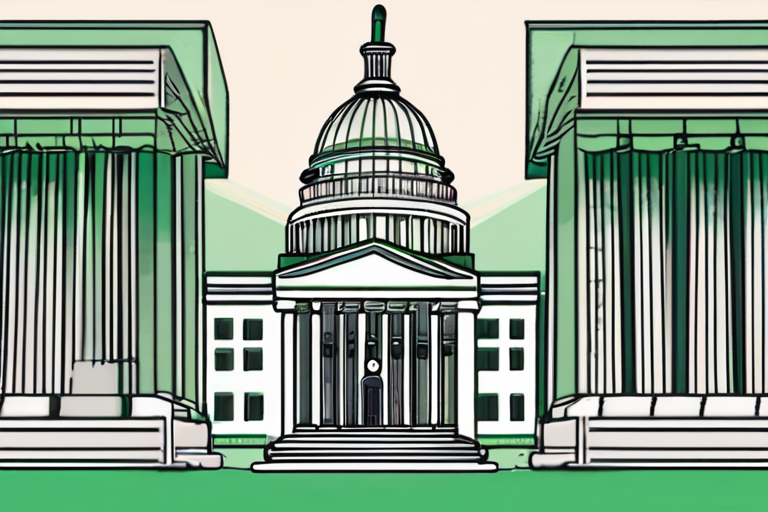
 Hoppi
Hoppi











